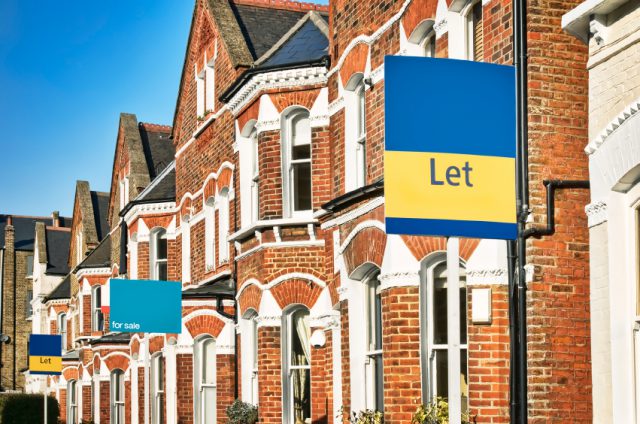Where are London’s best regions for rental yields?
Interesting new research has revealed the top-ten places for buy-to-let investment in London.
Data from the report by London-based estate agents Portico reveals that Croydon tops the list, with landlords enjoying yields of over 5%.
Hot-spots
Unsurprisingly, many of the regions in the top-ten are located in outer London boroughs, where rental returns are usually greater.
Croydon came out on top due to a number of features, both existing and under construction. Fredrik Sandvall, Head of Multi-Let London, noted, ‘Croydon is a buy-to-let hotspot because of its affordable property prices, compared with many other parts of London and its excellent transport links to the city. Croydon is undergoing a massive £5.25bn regeneration programme across East Croydon, West Croydon, Mid Croydon, Fairfield and Old Town.’[1]
‘At the heart of these transformative plans will be a £1.5bn retail and leisure complex by Westfield/Hammerson, eight new hotels, more than 2m sq ft office space and 8,000 new homes. The first Boxpark outside Shoreditch, Boxpark Croydon is due to open in October, outside East Croydon station and will offer more than 40 food and drink outlets, alongside shared open spaces and regular events. With blue-chip employers, a thriving town centre and growing demand for rental accommodation, Croydon is already a great place to invest,’ Mr Sandvall continued.[1]

Where are London’s best regions for rental yields?
HMO’s
Sandvall went on to observe that, ‘a high quality HMO in the town will give an annual yield of between 8% and 15%. A three-bedroomed, single let property in Croydon may typically achieve a gross rent of £1,500 pcm for a family. If it is converted into a HMO, the gross rent on the same property could exceed £4,000 pcm. This represents a significant profit opportunity for buy-to-let investors, who have the required expertise to generate sustainable returns in this increasingly competitive market.’[1]
‘If a high quality refurbishment is undertaken, the property can attract working professionals in the right location, who are prepared to pay more for a shared property, with a superior finish. Luxury ensuites, large TVs, premium kitchen appliances and furnishings are the type of features that help to generate a high yielding HMO, where the market conditions accommodate,’ he concluded.[1]
[1] http://www.propertyreporter.co.uk/landlords/where-is-ranked-top-for-best-yields-in-london.html






